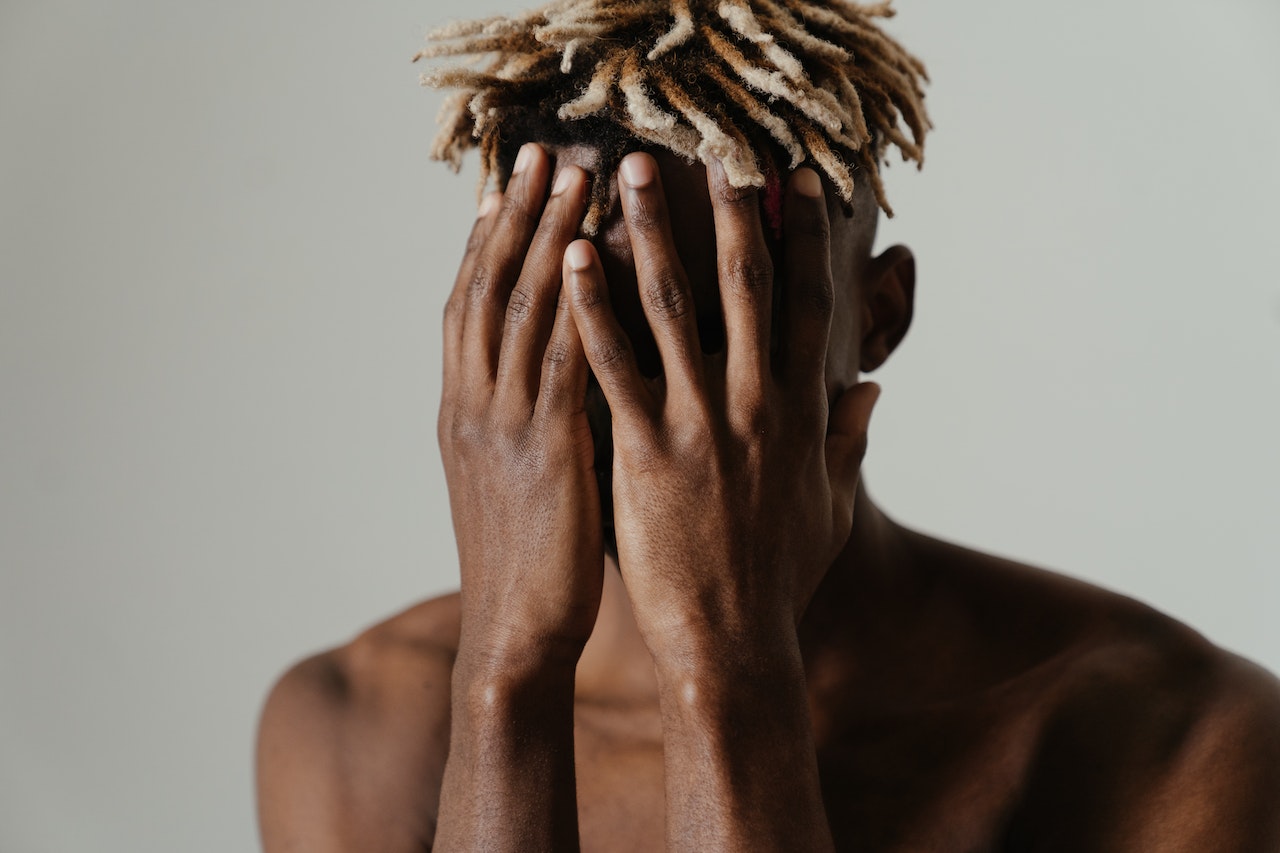Put care into your hair. The average American experiences 96 bad hair days every year, with 46% of Americans experiencing hair loss on a regular basis. Many assume they’re doing the right thing with their hair care products. But those products may be causing the problems they are supposed to fix.
What do you need to avoid in your dreadlock and loc hair products? Here are the five most harmful ingredients you can stop purchasing today.
1. Sulfates
Sulfates are chemical detergents that create the foam in your dreadlock shampoo or conditioner. They are among the most popular ingredients in hair care products but also some of the most damaging.
Once you combine sulfates with water, they remove natural oils from your hair, making your hair dry. As time passes, sulfates can create split ends and make your hair extremely thin. They can also make your hair prematurely gray or remove the dye in your hair.
It can be challenging to find products without sulfates in them. The most popular sulfates are ammonium lauryl sulfate, sodium lauryl sulfate, and sodium laureth sulfate. Focus on avoiding these three ingredients.
You can make your shampoo foamy by mixing your shampoo with a little bit of water. Shake the container from side to side until you notice bubbles forming. You can also try massaging your scalp at different angles with your hands, allowing the shampoo and water to combine on top of your skin.
Related: How to Moisturize Your Scalp With Dreads
2. Formaldehyde
Formaldehyde is a gas that manufacturers put in shampoos and conditioners. The FDA considers formaldehyde a carcinogen; prolonged exposure increases your risk of developing cancer. Some people also experience eye and skin irritation, respiratory tract issues, and vomiting after exposure to formaldehyde. Some people have a heightened sensitivity to formaldehyde, though you may not know you have one until you are exposed to it.
Do not treat your hair at home with formaldehyde products. Visit a hair professional who can take precautions and work in a well-ventilated space. When you are getting your hair treated, ask your hair professional to use products without formaldehyde. Alternatives include glyoxylic acid.
Quaternium-15 is a salt that reacts with formaldehyde, causing it to release slowly over time. Never buy a product with quaternium-15, as it likely has a high amount of formaldehyde. It can also create an allergic reaction and cause dermatitis.
Formaldehyde is also known as “formalin” and “methylene glycol.” Avoid products with these ingredients on their labels, even in small amounts.
Ready for an all-natural shampoo and conditioner that can replenish your scalp without formaldehyde? Purchase Lion Locs’ 2 in 1 Co Wash for Dreadlocks now.

3. Parabens
Parabens are preservatives that companies put in shampoos to prolong their shelf life. They can affect the balance of hormones in your body, creating dry dreadlocks and hair loss. In moderate doses, they can discolor your hair and damage the dye in your dreadlocks. In large doses, they can build up in your body, sparking cancer and harming your reproductive system.
The FDA does not regulate parabens, but many major retailers regard them as harmful. As such, most stores have only paraben-free products on their shelves.
You should still read the ingredient labels because companies may conceal the parabens in their products. Look for words ending with “paraben,” like butylparaben. You may need to store paraben-free shampoos in a refrigerator or cupboard to keep them from losing their effectiveness.
Related: Are Parabens Bad for Hair?
4. Mineral Oils
Mineral oils are alternatives to plant-based oils. Many companies place them in shampoos to create a glossy sheen for your hair. You can also find them in curling, smoothing, and loc retwisting products.
Mineral oils are very heavy, so they can weigh down on your hair and block your follicles. They do not work as efficiently as plant oils, meaning you need to apply more mineral oil to your hair in order to have the same effects. Over time, applying large amounts of mineral oils can dry your hair out and create split ends.
Mineral oils include paraffin oil, liquid paraffin, and liquid petroleum. If you see these ingredients on the labels of your hair care products, you should not use them. Great alternatives to mineral oils include avocado, coconut, and olive oil. If you are getting your hair treated, ask your hair care professional to use one of these oils or shea butter instead of mineral oil.
Want an easy-to-use loc growth product full of all-natural oils? Try out Lion Locs Loc Growth Oil today.

5. Alcohols
Alcohols are extremely common ingredients as they can help your skin and hair absorb active ingredients. They can also help your hair dry out after you’ve applied shampoo or conditioner.
However, using too much alcohol can make your hair and skin extremely dry. You can use alcohol in small amounts, but you must get an alternative if a product has a high amount.
Alcohols you should look out for include isopropyl alcohol, ethanol alcohol, and benzyl alcohol. Fatty alcohols like cetyl alcohol can add moisture and thickness to your hair, so it’s okay to use these items in moderate amounts. However, you should still be careful when using them. Don’t be too aggressive when drying your hair, and massage any shampoo or conditioner with them into your scalp gently.
Do not put rubbing alcohol into your hair. If you have lice in your dreadlocks, buy an over-the-counter shampoo with pyrethrins and use a comb to remove nits. When you need to clean the gunk out of your dreadlocks, use dreadlock oil and brush your hair with a special dreadlock cleaning brush.
Related: How to Clean Gunk Out of Dreadlocks
